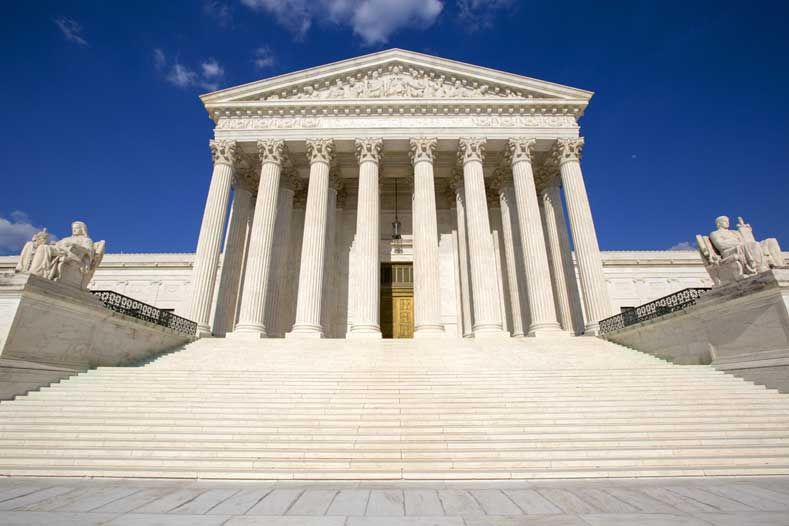On October 5, 2023, the Supreme Court of the United States heard oral arguments in the case of Acheson v. Laufer, a pivotal case addressing the concept of ADA tester standing. At the heart of this case is the question of whether individuals who conduct tests to uncover violations of the Americans with Disabilities Act (ADA) have standing to bring lawsuits for alleged violations. This blog post explores the key arguments and implications of this case, which could significantly impact ADA litigation.
Understanding ADA Tester Standing:
ADA tester standing refers to the legal right of individuals or organizations to file ADA lawsuits based on their status as "testers." Testers are individuals who purposely visit public accommodations, such as restaurants, hotels, or retail establishments, to evaluate whether they comply with the ADA's accessibility requirements. These testers may or may not have a disability themselves but are conducting tests to uncover potential violations.
Key Arguments in Acheson v. Laufer:
-
Standing and Injury : The central issue in Acheson v. Laufer is whether ADA testers have suffered a legally recognizable injury that grants them standing to sue. The plaintiffs argue that they have experienced harm, such as emotional distress or frustration, when they encounter ADA violations during their tests.
-
Third-Party Standing : The case also raises questions about third-party standing. Third-party standing allows individuals to assert the rights of others who may be directly affected by ADA violations. The argument here is whether testers can assert the rights of disabled individuals who may visit these places in the future.
-
Deterrence vs. Exploitation : Advocates for ADA tester standing argue that it is essential to deter ADA violations by allowing testers to bring lawsuits. They believe that testers play a crucial role in ensuring compliance with the ADA. On the other hand, opponents argue that permitting testers to sue could lead to exploitation and frivolous lawsuits.
-
Preventing Discrimination : The ADA was enacted to eliminate discrimination against individuals with disabilities. Supporters of tester standing argue that it helps identify and rectify discriminatory practices, ultimately serving the ADA's purpose. Opponents argue that it may open the floodgates to litigation and abuse.
The Supreme Court's decision in Acheson v. Laufer could have significant implications for ADA litigation and enforcement. If the Court rules in favor of ADA tester standing, it may encourage more individuals or organizations to conduct accessibility tests and file lawsuits. This could lead to increased pressure on businesses to comply with ADA requirements.
Conversely, if the Court limits tester standing, it may make it more challenging for ADA violations to be exposed and addressed. This could affect the ability of individuals with disabilities to enjoy equal access to public accommodations.
The Supreme Court's decision in Acheson v. Laufer will undoubtedly shape the landscape of ADA litigation and enforcement. It will be essential to monitor the Court's ruling and consider how it may impact both businesses and individuals with disabilities seeking to ensure equal access to public spaces. Regardless of the outcome, this case highlights the ongoing debate about the balance between preventing discrimination and deterring potential abuses of the ADA's enforcement mechanisms.
